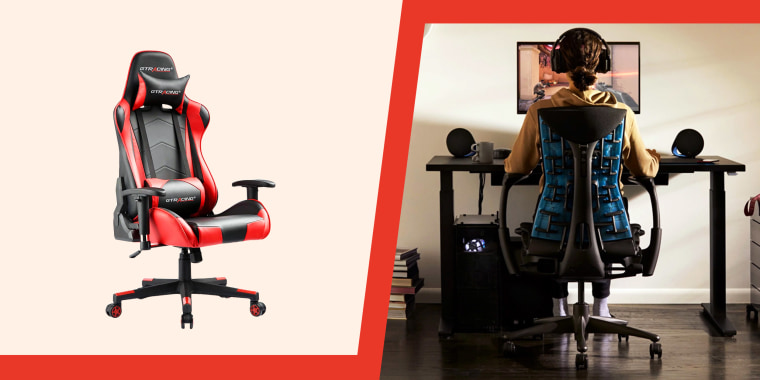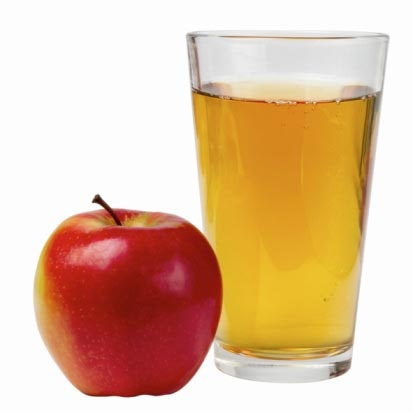
Employers with a company's health plan or benefits program have access to their personal data and other resources through the Mobile Health Consumer App. It can also help users navigate the healthcare industry. The app gives users access to a vast contact database that allows them to make appointments, find out more about their health, and make informed decisions about their healthcare.
A growing number of companies are looking to make their mark on the mHealth market. Anyone looking to develop a mHealth App must be aware of the legal and regulatory requirements. It is essential to know the requirements of federal law when an app collects personal health information.
HIPAA or the Health Insurance Portability and Accountability Act is the best way for mHealth apps to be protected. This rule allows individuals to have control over their own health information. The rule also places limits on the usage of PHI, which is protected health information.
Another key point to remember is that an mHealth app must meet the needs of its patients. The use of medical imaging apps is one example. But, technology may not be HIPAA compliant. A similar situation applies to health apps that collect information from children. This is called the Children's Online Privacy Protection Act or COPPA.

Another major concern with mHealth is security. Security measures are vital for mHealth applications, even though they might seem straightforward. From secure text messaging, to encrypted transmissions of patient data, to even a wearable ultrasound probe, there are a number of options available.
The FDA has many regulations and rules governing mobile medical apps. They use the same risk assessment approach that they use to evaluate other medical devices. Manufacturers of Class II and Class III devices must register with the FDA. Once the device is approved by the FDA, it is added to the agency's data base.
The FTC has a similar policy that applies to apps which are controlled by an individual. While it's not as comprehensive as the HIPAA Rule but it still applies to apps that can draw information form multiple sources.
The World Health Organization defines mHealth, as a mobile medical practice. Among others, mHealth may be used for disease surveillance, wireless glucose monitoring, or epidemic outbreak tracking.
Point-of–care diagnostics are another area of particular interest. Smartphones are improving image quality as well speed and data transfer. An mHealth program in this area would allow doctors to review and analyse patient data and help them make treatment decisions.

Lastly, mHealth is a powerful tool that can improve the health of those in need. The world's 5 billion mobile telephone subscribers live in low and middle-income nations, according to estimates. This can make healthcare difficult. MHealth applications can be a great way for government health officials to reach remote or underserved areas.
Mobile Health Consumer can help companies create a more efficient and affordable health care system by partnering with a company that offers health benefits like Mobile Health Consumer.